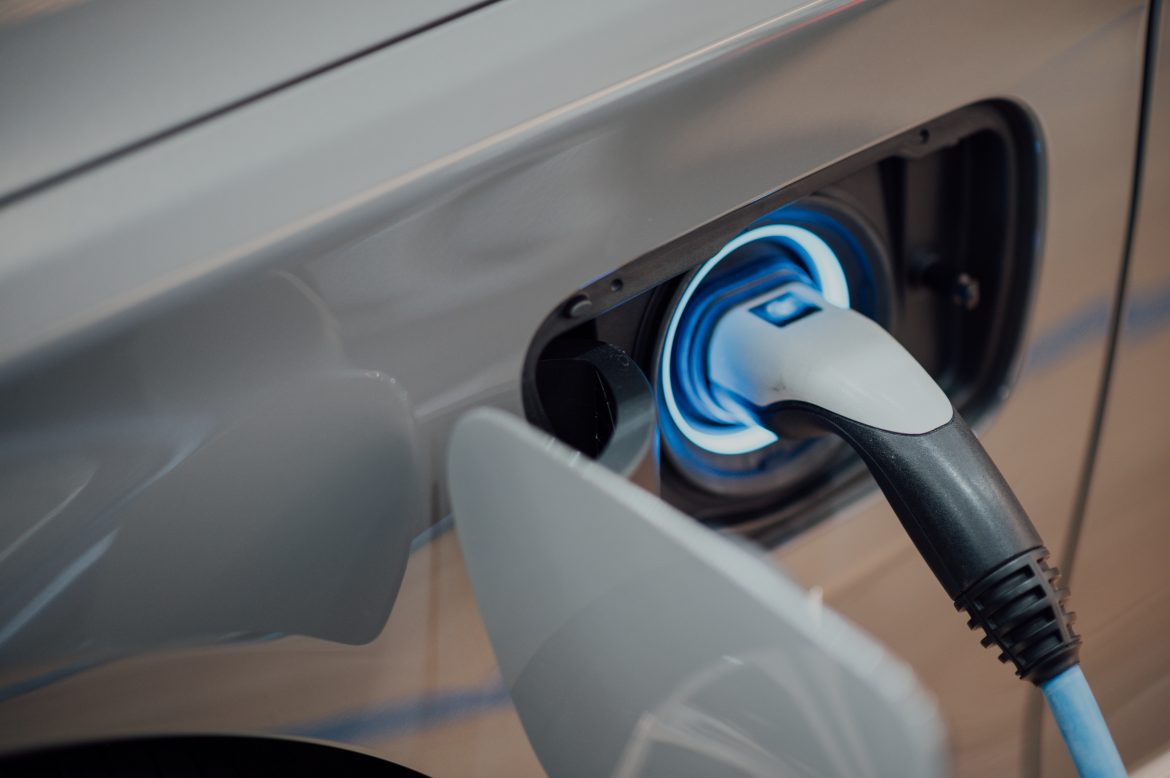The International Monetary Fund (IMF) released a comprehensive analysis on Tuesday warning that the worldwide transition to electric vehicles (EVs) will fundamentally reshape global economic patterns across investment, production, international trade, and employment sectors.
The assessment, featured in the IMF’s latest World Economic Outlook, coincides with crucial policy discussions at the IMF and World Bank annual meetings, where global leaders are addressing economic growth, debt management, and green energy transition strategies.
According to the report, the automotive industry’s transformation carries particular significance due to its distinctive characteristics of high wages, substantial profits, extensive export markets, and advanced technological integration. The IMF emphasised that transportation sector emissions represent varying but significant proportions of greenhouse gas emissions across major economies: 36% in the United States, 21% in the European Union, and 8% in China.
The analysis projects potentially adverse economic impacts, particularly for Europe, where GDP could decrease by approximately 0.3% in the medium term under realistic EV market penetration scenarios. This decline is expected to be accompanied by employment shifts from the automotive sector to less capital-intensive industries with lower value added per worker.
The report highlights the growing competition between major economic powers in the EV market, particularly noting China’s current advantage in production and exports. In response to perceived unfair subsidies from Beijing, both the United States and European Union have implemented protective measures. The U.S. recently imposed a 100% duty on Chinese EVs, while EU member states approved import duties of up to 45% on Chinese-made electric vehicles.
The transition to EVs has been accelerated by various policy initiatives, including the European Union’s ambitious target to reduce car emissions by 50% during the 2030-2035 period compared to 2021 levels. The United States has similarly supported the transition through subsidies for both EVs and charging infrastructure.
However, the market faces challenges as some countries scale back their support. France recently announced reductions in EV buyer incentives, following Germany’s complete termination of its subsidy program in late 2023. These policy shifts come as Chinese manufacturers maintain a competitive edge through lower pricing strategies, a crucial advantage given that EVs generally remain more expensive than traditional gasoline-powered vehicles and global demand shows signs of softening.
The IMF’s analysis arrives at a critical juncture in the global automotive industry’s transformation, as countries balance environmental goals with economic interests. The report suggests that the transition’s success will depend largely on policy coordination, market adaptability, and the industry’s ability to manage structural changes while maintaining economic stability.
This comprehensive assessment underscores the complex interplay between environmental policy objectives and economic realities, highlighting the need for careful consideration of transition strategies to minimise potential negative economic impacts while achieving crucial climate goals.



